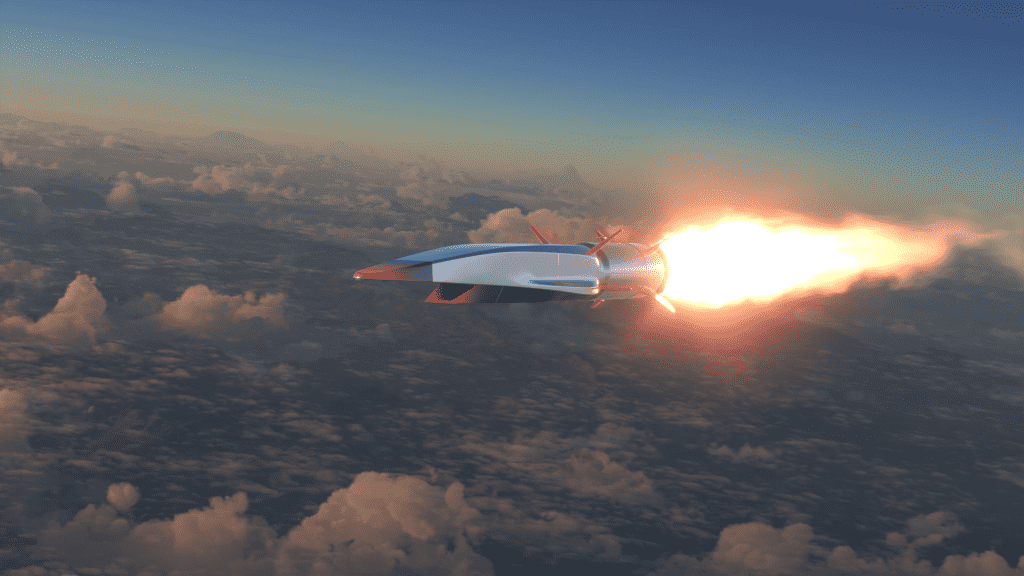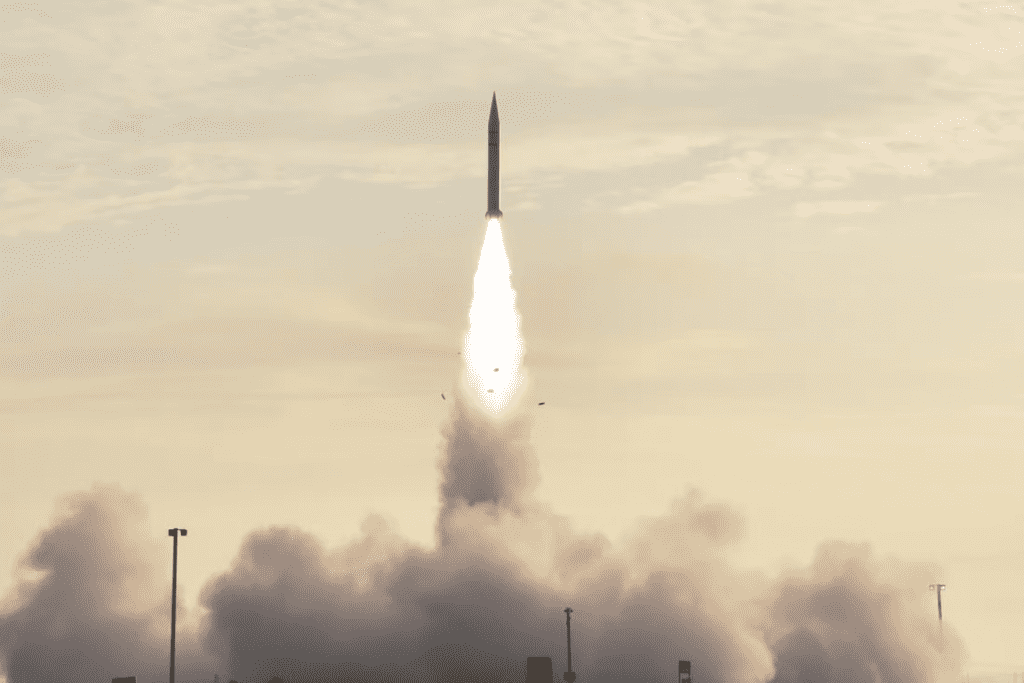Chinese researchers say that they can drastically cut the cost of commercial hypersonic flights by utilising an air-breathing engine that burns a combination of ethylene and coal powder, the SCMP reported.
During a ground test, an experimental device utilising the low-cost combination created shocks at speeds of more than 2 km/s (1.24 mi/s) or six times the speed of sound. According to SCMP, ethylene is a typical byproduct of oil refineries, while coal presently accounts for most of China’s electrical generation.
“Coal powder’s high energy density, safety, and low price give it a unique advantage when used as an engine fuel,” said Weng Chunsheng, lead researcher and professor at Nanjing University of Science and Technology’s national key laboratory of transient physics.
Weng and his colleagues are researching detonation engine technology for China’s hypersonic programme, which aspires to achieve smooth, long-range flying at Mach 7, according to the university’s website.

Using electric sparks to ignite small coal particles in an oxygen-filled chamber, the experimental coal-fired engine produces thrust through a supersonic explosion.
The researchers believe that if the initial shock occurs rapidly, the air will be compressed, and more explosions will occur, resulting in a powerful and continual push forward.
The team predicts that the engine will run at least 20% more efficiently than current jet engines due to its incredibly quick detonations’ ability to convert more chemical energy into kinetic power.
According to the researchers, the engine will be more effective than scramjets and other typical hypersonic engines since it will function in various conditions, from airport takeoff to hypersonic flights at near-space altitudes.
The idea of employing coal powder as an engine fuel, according to Weng and his colleagues, was inspired by mine explosions, which may instantly unleash a tremendous amount of force.

Weng’s study focused on examining the coal-ethylene fuel mixture on the ground under challenging flight situations such as low electric charge and oxygen surplus or deficiency.
According to the study, the researchers noticed that the engine could start practically continuously and produce rapid shock waves.

According to SCMP, China has invested much in scientific research on coal mining and combustion, and the country is home to some of the most significant and effective coal-fired power plants in the world.

Weng’s team announced the development and testing of a prototype detonation engine that could run on either hydrogen or coal powder in a different study published in May 2022.
The findings were published in the peer-reviewed Acta Armamentarii journal.


